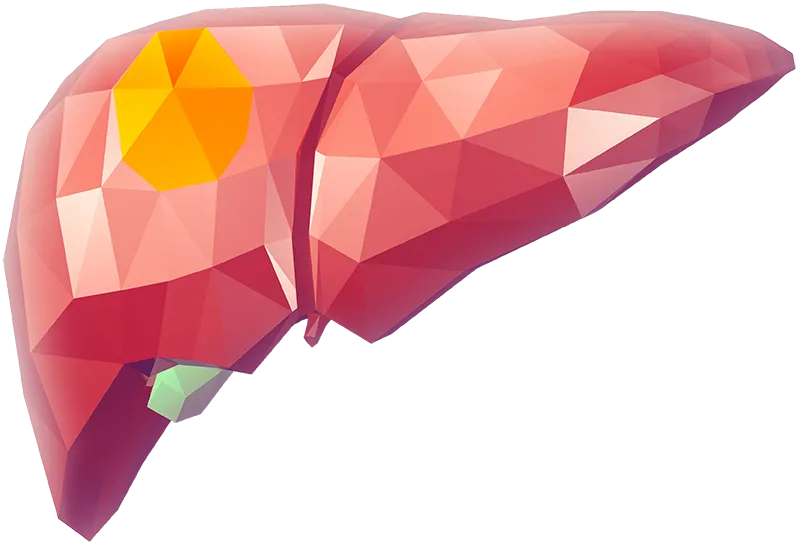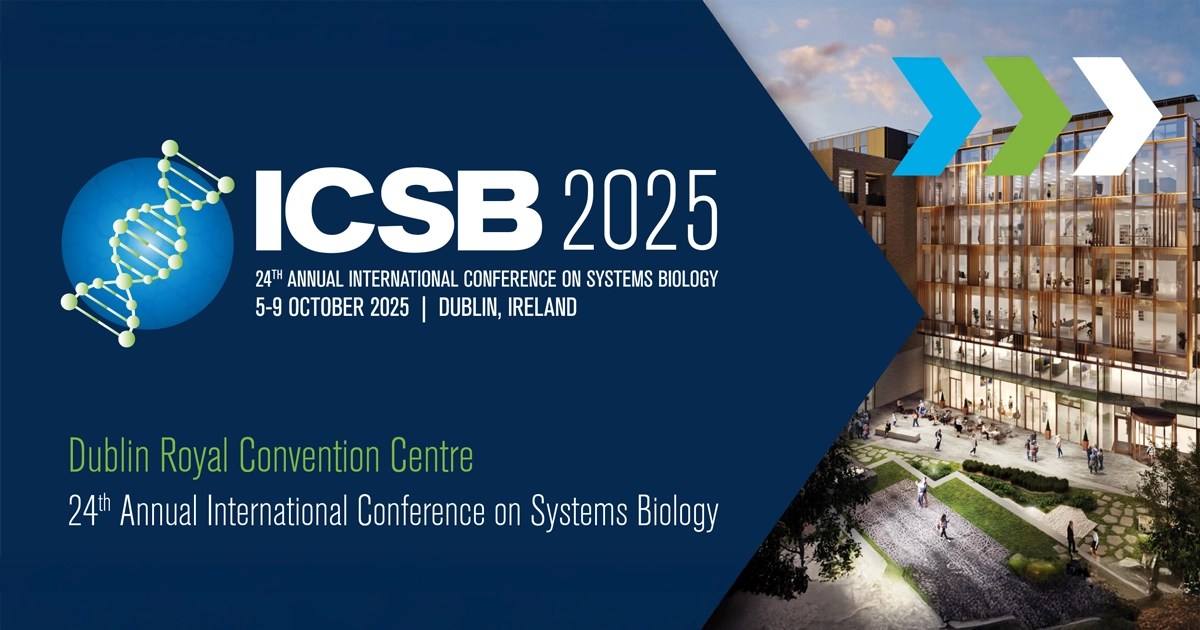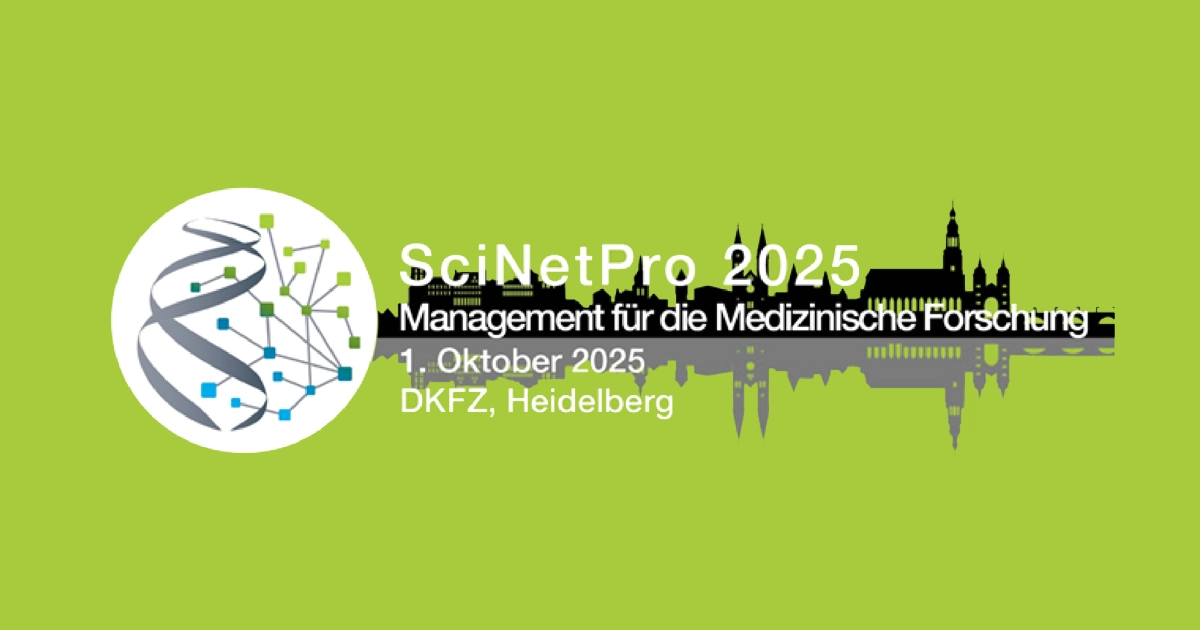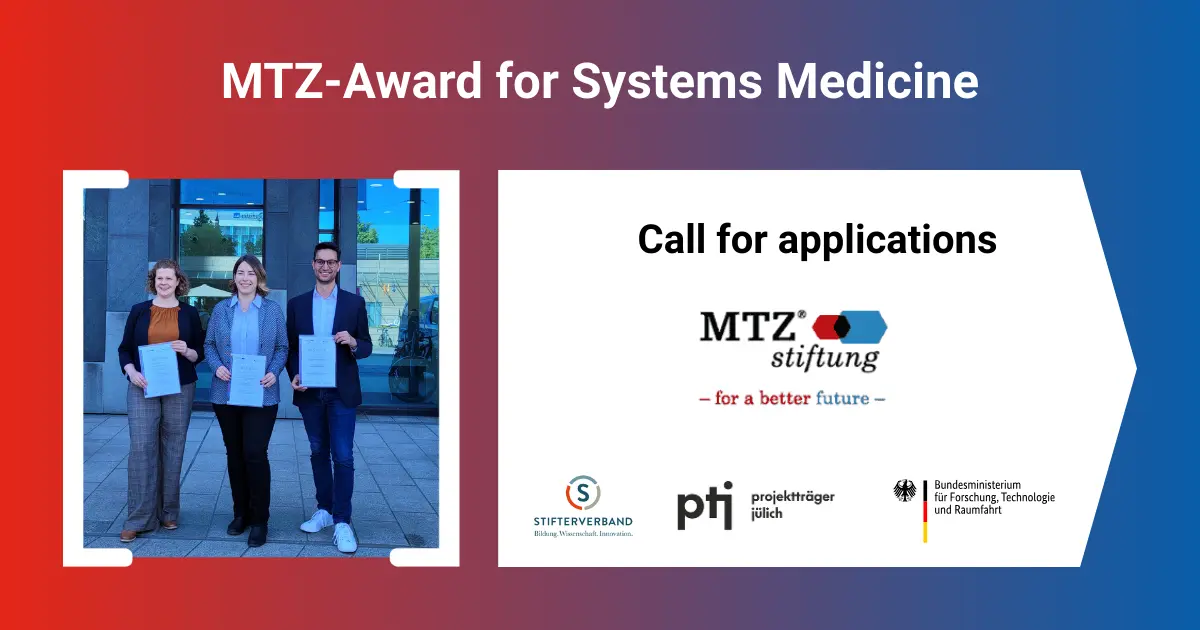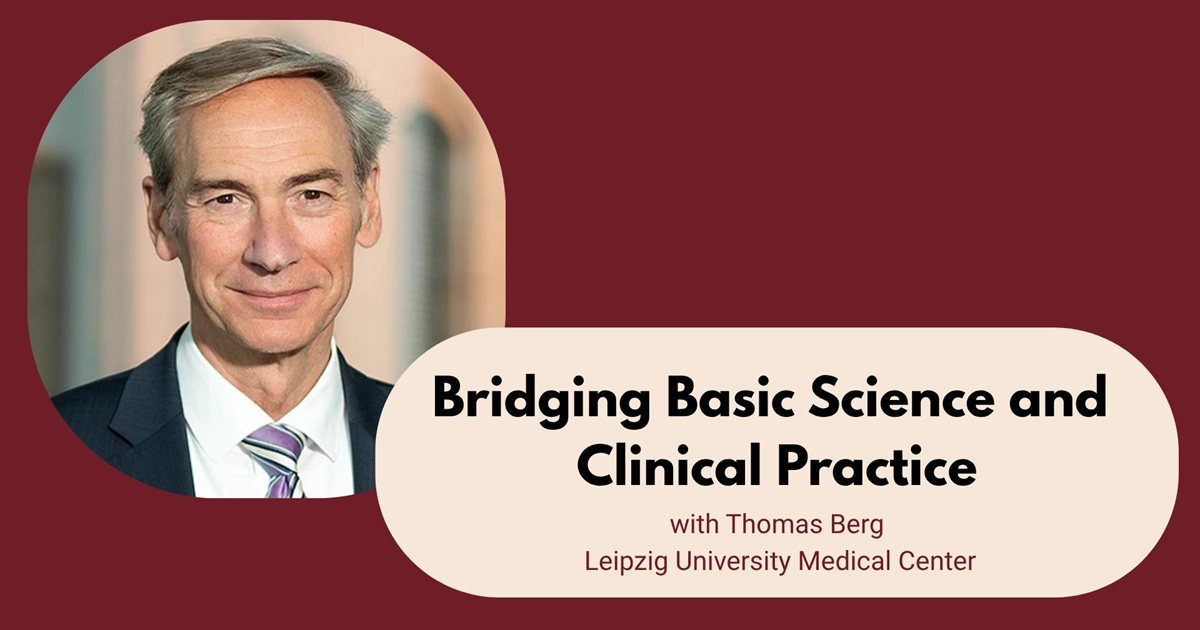LiSyM-Cancer Mission
Liver Systems Medicine Cancer – LiSyM-Cancer – is a multidisciplinary research network funded by the Federal Ministry of Research, Technology and Space (German: Bundesministerium für Forschung, Technologie und Raumfahrt, BMFTR) within the Framework of the National Decade Against Cancer. The funding period for LiSyM-Cancer II is July 2024 until June 2027.
More info on the funding program: "Funding of a Systems Medicine Research Network for the Early Detection and Prevention of Liver Cancer".
The LiSyM-Cancer research network builds on the achievements of the previous network LiSyM (funding period 2016 to 2021). The main focus was extended to liver cancer in phase I (funding period 2021 to 2024) and now towards clinical application in phase II.
In the LiSyM-Cancer network, molecular and cell biologists, clinical researchers and experts in mathematical modeling are jointly conducting research to investigate the development of liver cancer from pre-existing conditions such as non-alcoholic fatty liver or liver cirrhosis. The aim of the joint project is to identify relevant biomarkers to diagnose and prevent hepatocellular carcinoma (HCC) at early stages.
LiSyM-Cancer furthermore addresses the following questions:
- What are the similarities and differences of the HCCs arising in patients with fatty liver disease in the absence of cirrhosis versus those that develop in patients with liver cirrhosis?
- Which factors or mechanisms explain that men are significantly more likely to develop liver cancer than women?
- Which components in the blood reflect a crossing of the tipping points for liver cancer development and could be used as biomarkers for early detection?
- Which parameters of tipping point exceedance could serve as target structures that prevent or significantly delay the development of HCC?

